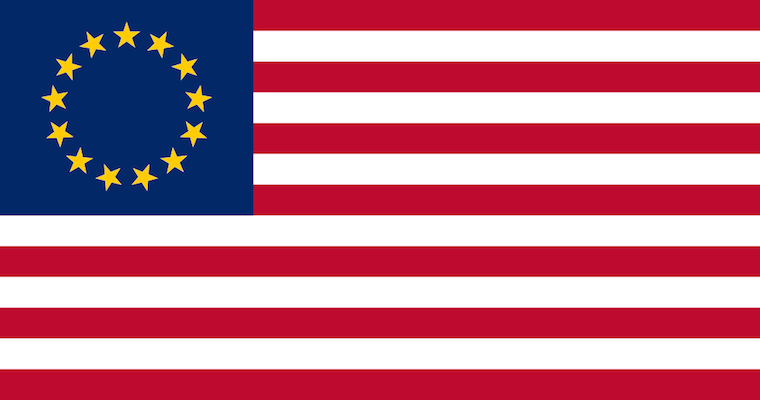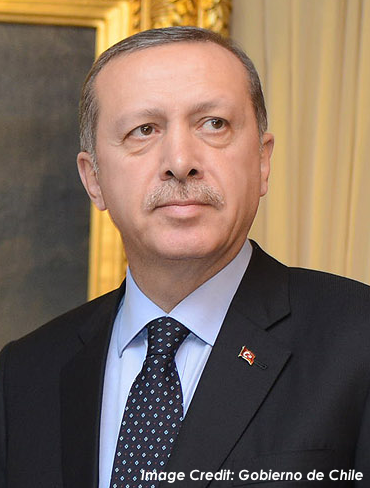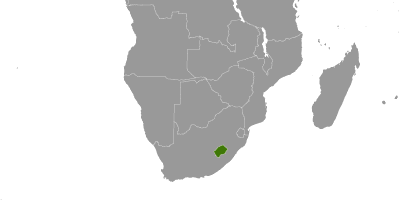The following essay and original research first appeared in The Globalist.
On Tuesday, more than a dozen Israeli political parties are expected to win seats in the country’s snap parliamentary elections that Prime Minister Benjamin Netanyahu called after his coalition broke up last year.
These parties will vie for a total of 120 proportionally elected seats in the Knesset. Israel’s threshold to win seats has this year been raised to 3.25% of the vote (translating to 3-4 seats).
As a result of this fractious system, no single Israeli party or joint list has ever won a majority (61 seats) in an election.
No clear winners in Israeli elections
In the past five elections, the party or list that ended up forming the coalition won an average of just 30.2 seats out of 120 – i.e., only a quarter of the seats – with 11-14 other lists also winning seats.
To form a government thus requires coalition building among quite a few parties, usually with very different (if not diametrically opposed) policy views. No wonder that, under those circumstances, coalitions do not last very long.
The public has previously shown a desire for a stronger executive mandate. Israel briefly adopted direct elections for Prime Minister in the 1990s. To exclude unserious candidates, only major parties could nominate someone. In each of the three times Prime Ministers were directly elected, only two candidates competed.
This modification unfortunately did not fix the problem because the Prime Minister could win an outright majority of the vote but still lack a majority of legislators to support his cabinet or agenda.
Since then, other than tinkering with the electoral threshold very slightly, Israel has not tried to deal with the leadership and policy instability problem inherent in its system.
Where Athens does provide inspiration
One possible place to seek electoral reform inspiration for Israel might be Greece – the birthplace of democracy and a country with a similar population size – despite its own serious current political challenges.
Similarly to Israel, 250 members of Greece’s parliament are elected through a system that ensures fair geographic representation along with the proportional will of the national electorate, using a 3% threshold.
However, there is one big innovation to clarify the executive mandate. As of the 2008 revisions to Greek election laws, the top-finishing party is given a victory bonus of 50 extra seats – bringing the total to 300 seats in parliament – to help the winner get closer to a governing majority.
This represents a bonus equal to 20% of the proportionally elected seats. (An earlier law gave the winner 40 seats.)
It’s not a perfect setup, of course. A party earning relatively low percentage of the vote share can gain an extra 20% of the seats even if it falls well short of capturing the confidence of a majority of voters and even if another party were to capture just 1% less of the electorate than the winner.
However, it substantially boosts the chances of quickly forming a government and allowing that government to push through its major agenda items, rather than floundering along with the status quo due to internal gridlock.
Meanwhile, it still allows for diverse, multi-party elections — but constructively counteracts the growth of fringe, single-issue, or personality-centric parties that take up seats or weaken serious parties without actually contributing to the government or the opposition in any substantive way.
Israel’s political system, even more so than Greece, would benefit from being cleared of such parties. Politicians would have more incentive to remain inside a major party, rather than splintering, as often happens.
Applying Athens in Jerusalem
If a comparable bonus were applied in Israel, it could mean 120 seats would be elected proportionally with 24 additional seats awarded to the winning list. (The Knesset would expand to 144 members in this scenario, and 73 seats would be a majority.)
Read more






